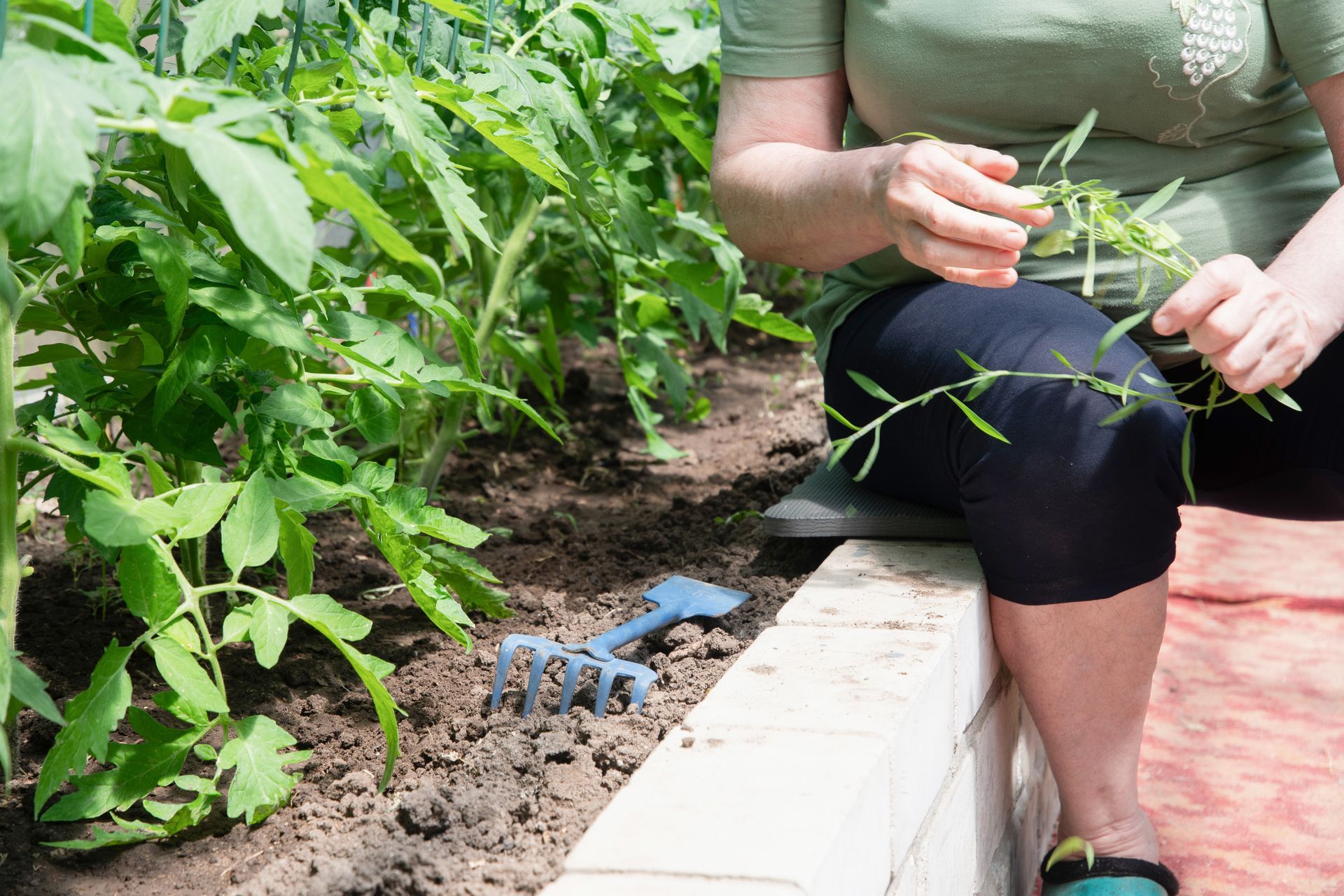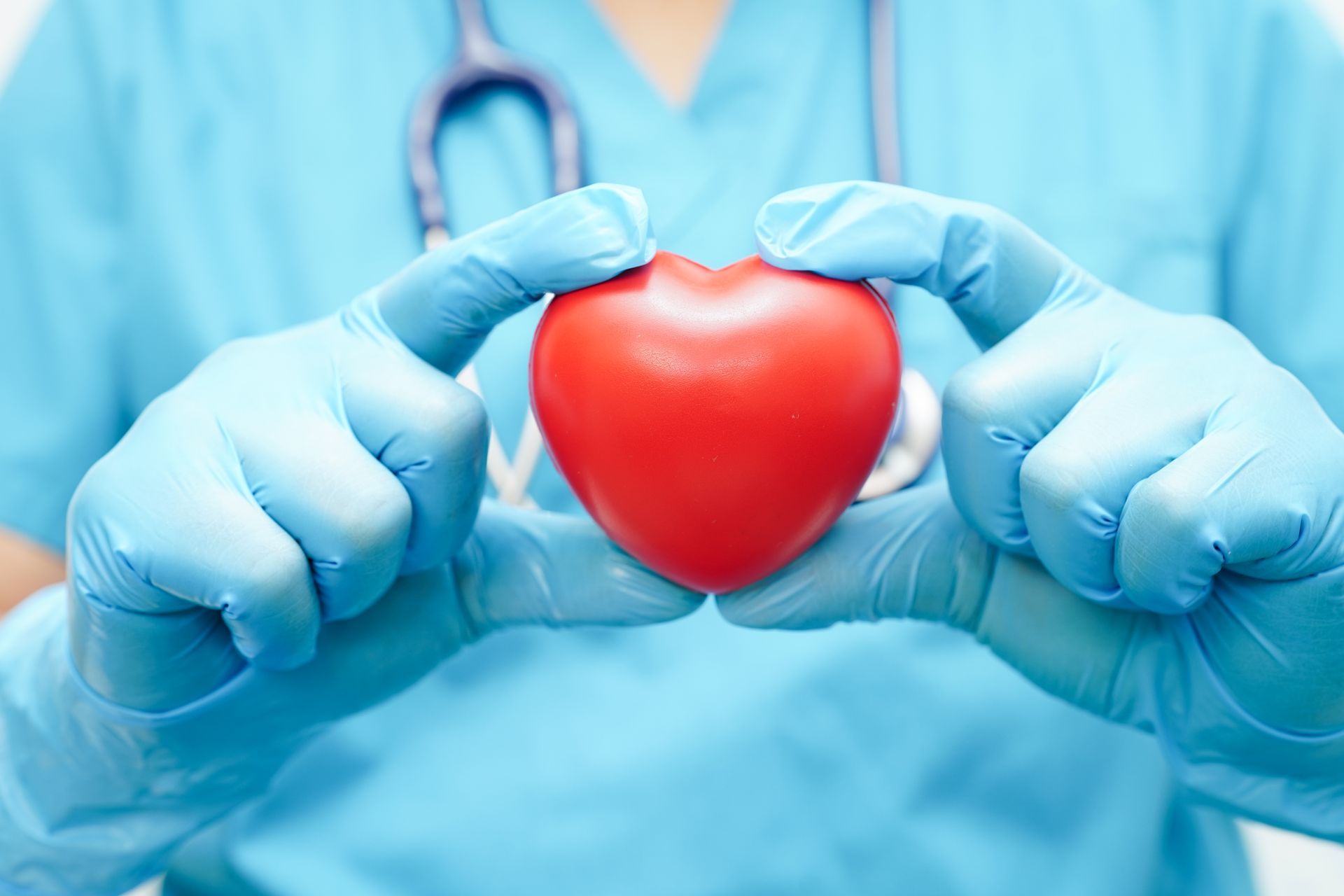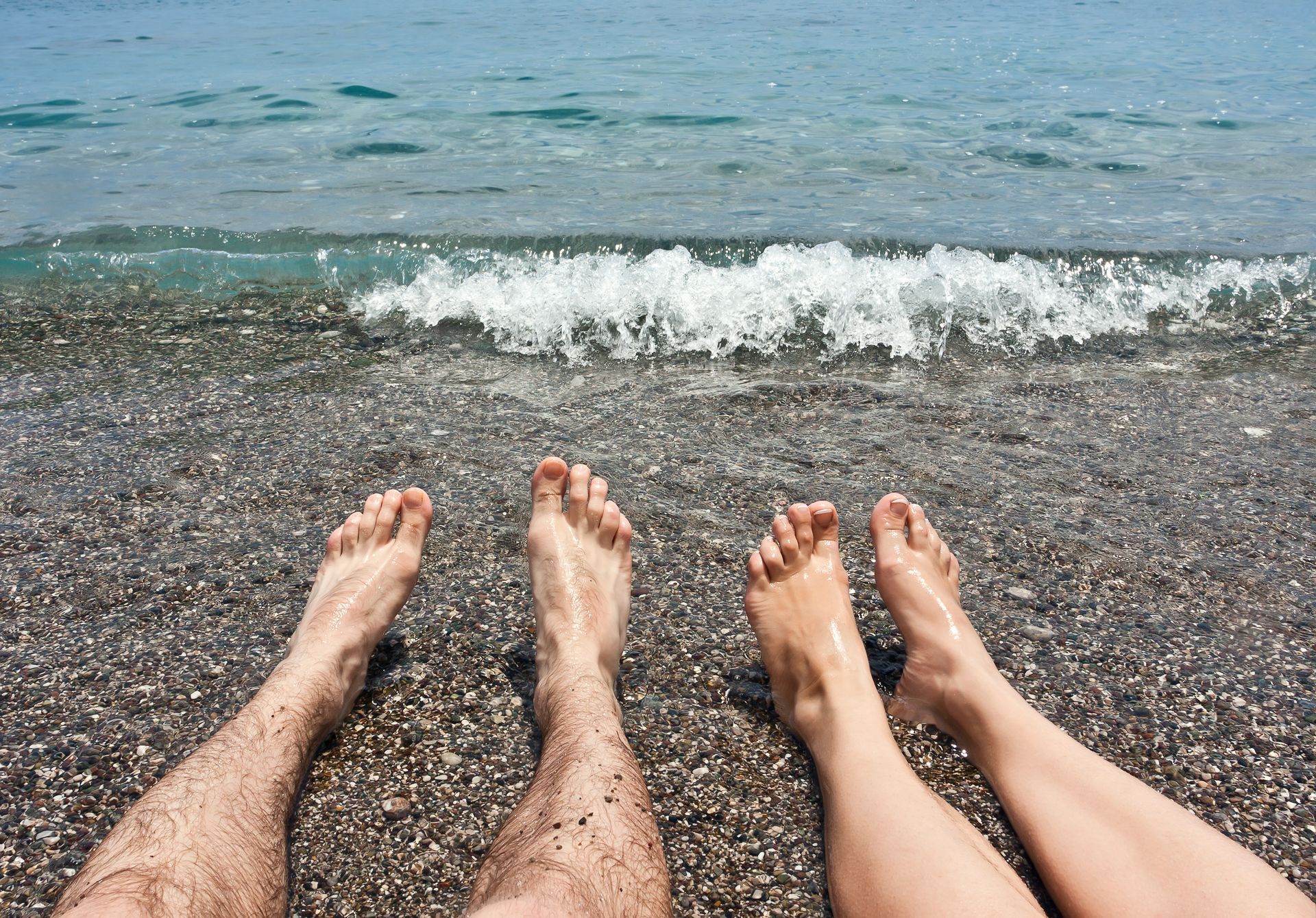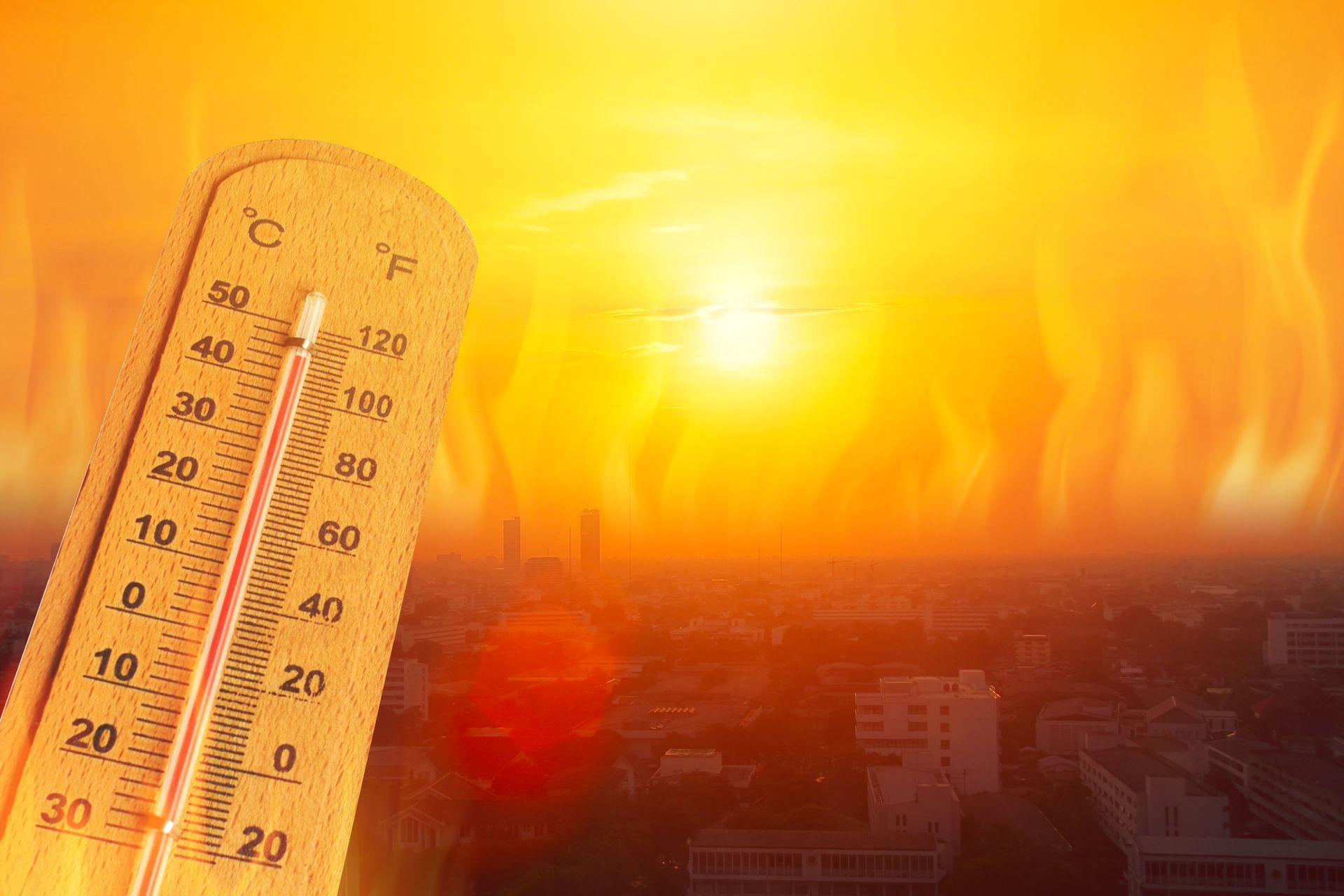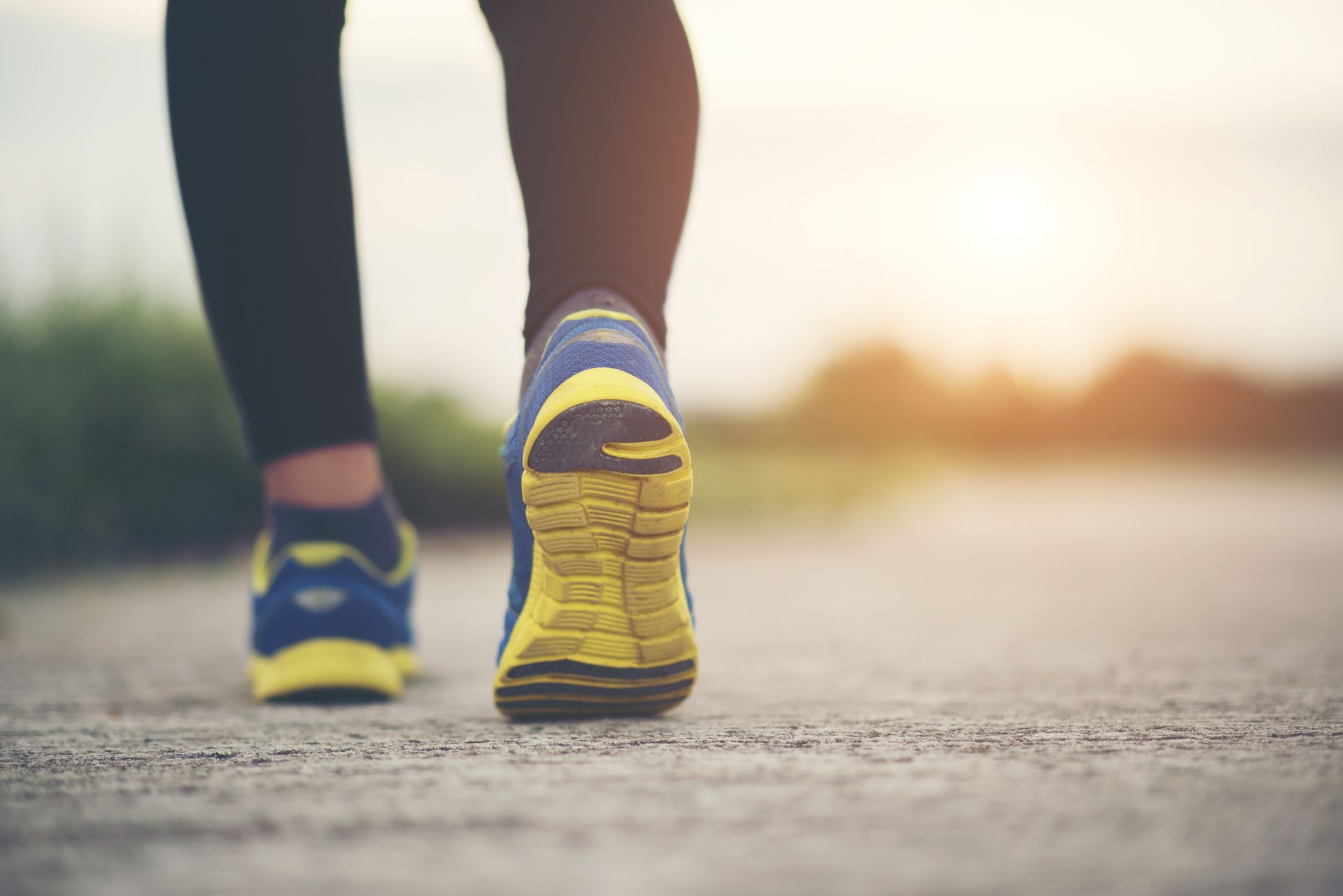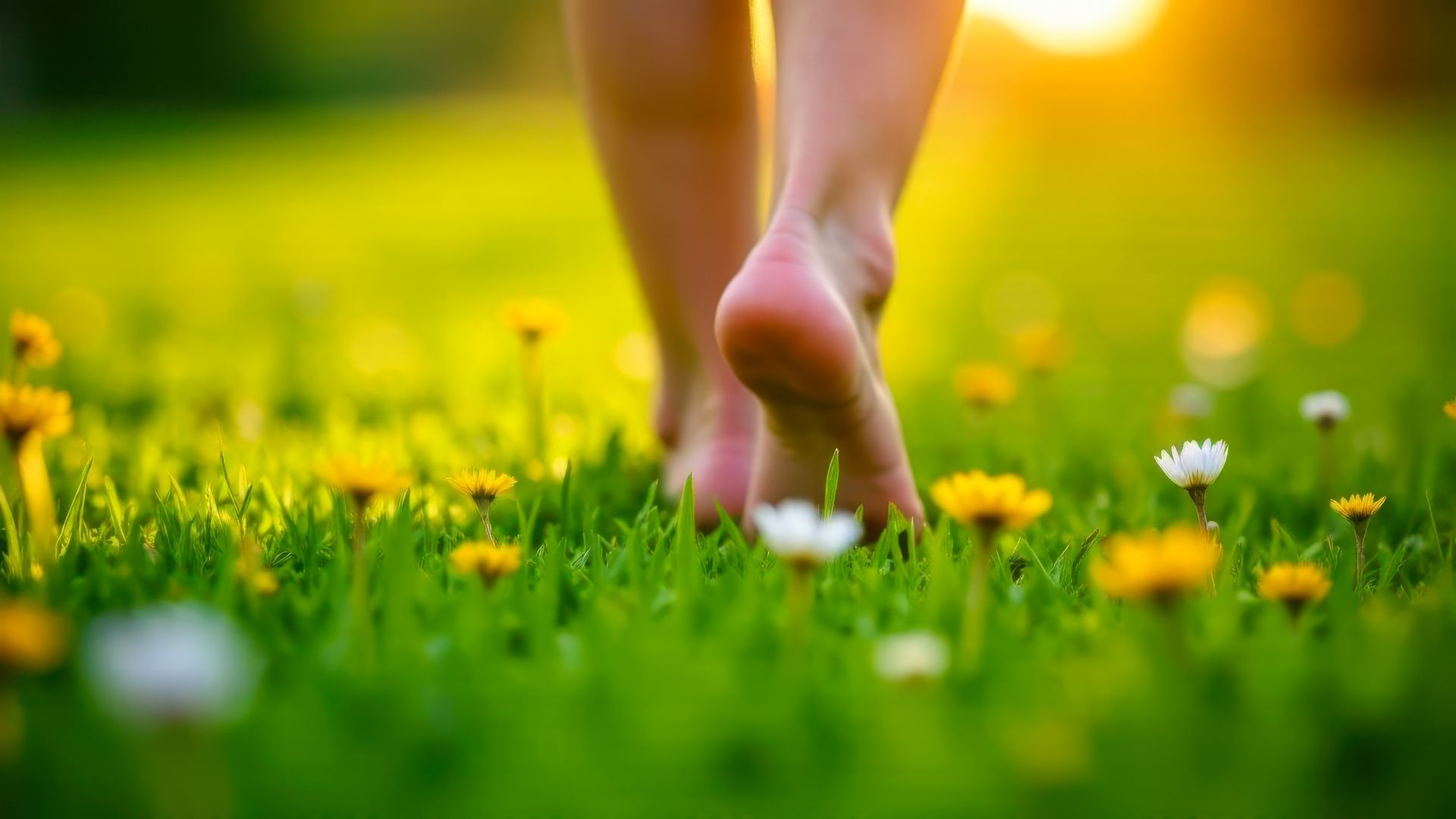Varicose Veins Signs and Symptoms
Originally posted in April 2022 on Healthy Cells Magazine.
The first signs can be subtle:
Legs that feel achy and heavy when it’s warm outside.
Waking up with muscle cramps at night.
Unexplained swelling in your feet and ankles.
Legs that are itchy and look bruised without cause.
Sometimes, those are a patient’s first clues that they may be suffering from varicose veins. After a few weeks or months, when the discoloration doesn’t go away, and the other symptoms get worse, a closer inspection reveals twisted, ropy-looking veins that are now bulging out.
Oh no!
The signs are not so subtle now, and it’s time to call a doctor. The best doctor to call at this point is a vein specialist. Treatment for varicose veins is precise, and seeking a specially trained physician is the best move.
Varicose veins occur for different reasons, but heredity is the most potent factor determining an individual’s risk. If one parent had varicose veins, there is a 42% chance their child will have them. If both parents were afflicted, their child would have a 90% probability of inheriting the condition!
Pregnancy adds 5-10% more to the risk factor, and three times more women than men suffer from varicose veins.
Dr. Kathryn Bohn of The Vein Specialists says, “The effect of pregnancies, hormones, and even wearing high-heels add up throughout a lifetime and compound the risk of varicose veins in women as they get older.
“The longer someone lives, the more pressure their veins have to withstand,” Bohn continues. “Veins weaken and sometimes break all on their own in some of our elderly patients.”
While the root cause is difficult to determine (aside from the elderly and genetically predisposed), people who are most likely to suffer from this condition tend to work in industries that involve long periods of standing or sitting:
- Hairstylists
- Doctors and nurses
- Surgeons who stand for hours in the OR
- Factory workers
Like any other condition, seeking treatment sooner is better than waiting until later. Seeking treatment at the first sign of symptoms like achy and heavy legs or those unexplained nighttime cramps may help keep veins from the discoloration, twisting, and swelling that will come later.
Many patients wait months or even years to seek treatment for their varicose veins. Reasons vary – perhaps they’re afraid their insurance won’t cover it, or they’re waiting until they retire (while the condition gets worse every year), or they’re busy taking care of their families, so they wait for their children to grow up before seeking care for themselves.
The fact is, insurance usually does cover the treatment, and ultrasound technology can detect the condition before signs are visible to the patient. Early intervention can save years of needless suffering, so don’t wait for an “Oh no!” moment.
Be alert for the symptoms and seek preventative treatment as soon as possible.
Your future self will thank you!
The Vein Specialists are Kathryn Bohn, MD, Thomas Nielsen, MD, Richard Castillo, MD, and Douglas Ward, MD, and are certified by the American Board of Venous and Lymphatic Medicine. Learn more or schedule your first appointment at
www.ilveins.com, call 309.862.4000 or visit their Bloomington office at 3302 Gerig Drive, Suite 100.


